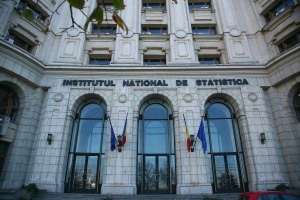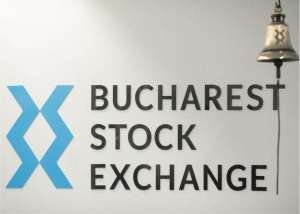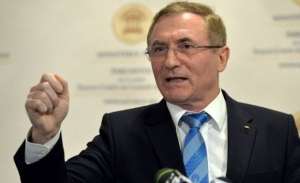The Federal Reserve has sowed panic among investors, leading to the latest turmoil in the bond market, Wall Street experts say, according to Business Insider. The chaos in the US government bond market has become the main concern of investors in recent weeks, given that the ten-year bond yield has recently reached the highest level in the last 16 years (bond yields move inversely to prices).
The momentum comes as markets digest the reality of higher interest rates for a longer period, which Federal Reserve Chairman Jerome Powell announced after the Federal Open Market Committee (FOMC) meeting last month past. Also, the dynamics is partly related to the fears related to the increase in the debt balance of the United States together with the possibility of the economy entering a recession, according to the mentioned source.
However, according to some experts on Wall Street, the views are largely fueled by the feeling of panic in the market, rather than fundamentals, writes Business Insider.
According to JPMorgan Asset Management Chief Investment Officer Bob Michele, this came to light when investors rushed to sell long-dated government bonds after Powell's speech following the Fed's last monetary policy meeting. "I think for a long time the market thought the Fed was going to raise interest rates until something broke -- which it did; the regional banking system," Michele said in an interview on CNBC late last week, referring to the banking crisis triggered by the collapse of Silicon Valley Bank earlier this year.
According to Business Insider, that event raised hopes that the Fed would hold off on raising interest rates to prevent the situation from getting worse. However, this did not happen and Powell and the US central bank not only continued to raise interest rates, but also signaled that rates would remain high for longer than the markets had previously expected.
"I think the bond market crashed after the last FOMC meeting two weeks ago," added Michele. "The Fed's rhetoric made it not only clear that rates would be higher for a longer period of time, it sounded as if they would stay high forever."
High interest rates have put pressure on all areas of the economy and made investors fear that the risk of recession is on the rise. "It's clearly panic," Wall Street veteran Komal Sri-Kumar told CNBC, referring to the bond selloff.
• Disconnecting from the foundations
According to Business Insider, the rise in bond yields may be disconnected from certain market fundamentals. For example, the balance of the US debt has worried economists for years, and markets see a possible recession as early as 2022, so none of the investor fears of the past month are new or unfamiliar.
Tom Lee, managing partner and head of research at the market analysis and strategy firm Fundstrat, points out that although the yield on US ten-year bonds is higher than that of other countries, such as Spain or Germany, inflation in the US is lower .
"To me, this is an example that maybe the growth in yields is disconnected from the fundamentals," Lee said. On the other hand, in the opinion of the head of Fundstrat, it is unlikely that the rates will remain high for so long, especially in the conditions where inflation is tempering. "According to certain measures, including shelter prices, inflation is falling like a rock. This is likely to influence the Fed to cut rates earlier than markets currently anticipate, which may allow bond yields to fall."
By mid-last week, the yield on 10-year US Treasuries had risen to 4.88%, the highest level since 2007, according to data posted by Investing.com.



























































